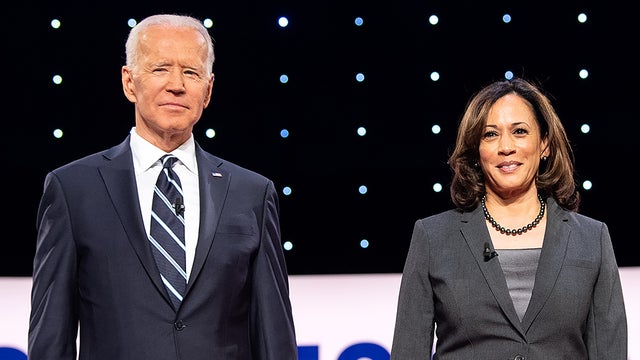In January, Senator Kamala Harris will make history as the first woman Vice President of the United States. This momentous achievement occurs one hundred years after women’s organizing successfully led to the passage of the 19th amendment, which recognized (White) women’s right to vote. Over the past century, women have made great strides toward increasing their political participation, with record numbers of women voting and running for office in the 2018 and 2020 elections. President-Elect Joe Biden’s new White House staff will reflect this shift toward recognizing women’s leadership and professional contributions.
Five of the nine most senior White House staff roles in the new administration will be filled by women, including Deputy Chief of Staff and Counsel to the President. The new White House economic team will include such heavy hitters as Janet Yellen, whose nomination as chair of the Federal Reserve during the Obama administration was facilitated in part by a campaign led by IWPR and its then-president, renowned economist Dr. Heidi Hartmann, and Heather Boushey, who is currently also a member of IWPR’s Advisory Council. Neera Tanden and Cecilia Rouse have also made the team. The senior communications team is comprised of all women.
President-Elect Biden promised to build a White House that reflects America, and including women in senior levels is an important step toward achieving that goal. As staffing accelerates for White House and Cabinet vacancies, it is paramount to include the many intersecting demographics and identities that comprise the United States population.
The Biden-Harris administration must build on their historic win to pave the way for inclusion in the future. In 2011, then-President Obama signed Executive Order 13583 to promote diversity and inclusion in the federal workforce. President-Elect Joe Biden plans to use that executive order to realign hiring and retention priorities at the federal level. It is critical that the new administration promote diversity, equity, and inclusion at the highest levels of federal jobs.
When women are in the halls of power, they are empowered to shape the debate and priorities. Women have consistently showed they care about elections, and they care about what happens in the White House. Now they have power within it.


